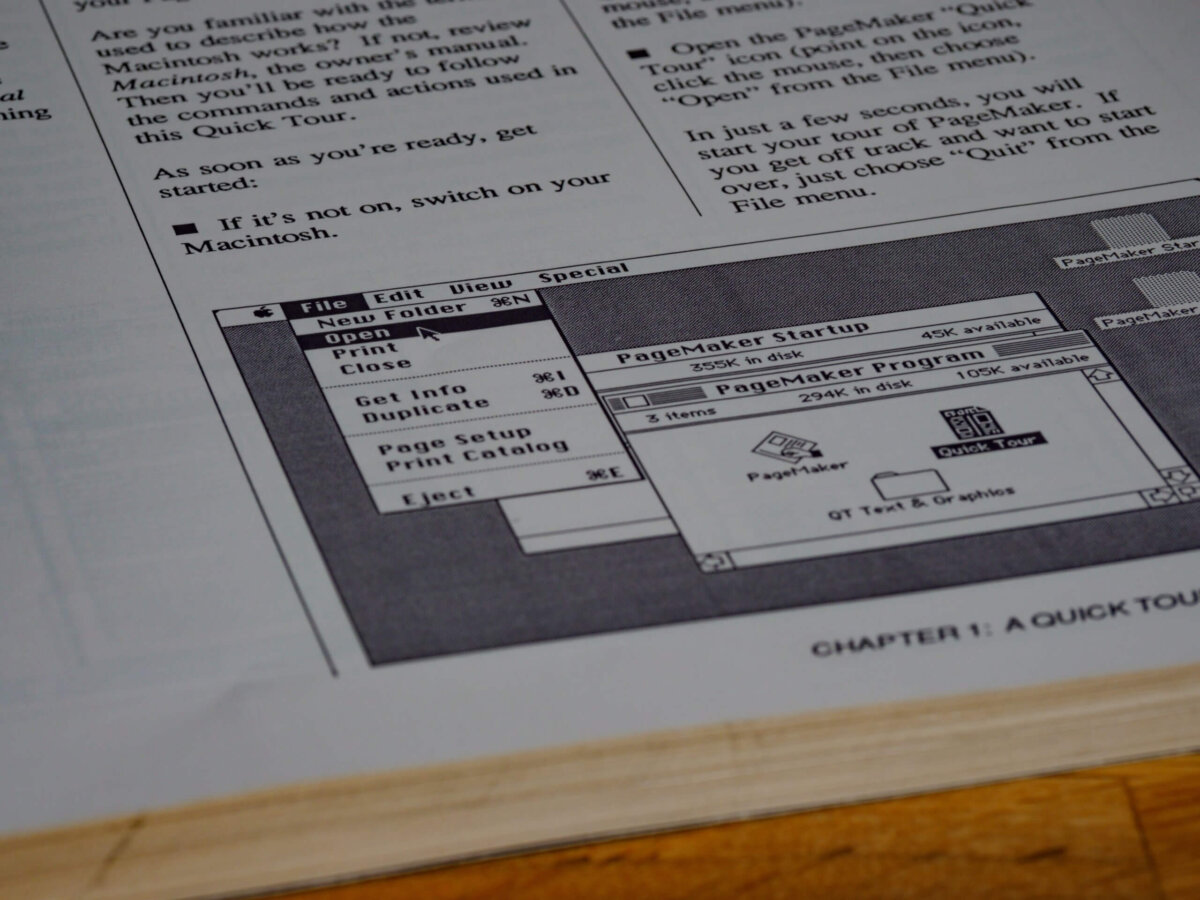We all remember our English teacher’s admonition: “Don’t use the same word twice.” I thought of this as I was writing a landing page for a financial services client. I had used the word help five times in two paragraphs. That sent me scurrying to the thesaurus. I did manage to edit out a couple of helps. In this case, using the same word repeatedly was boring.
But many times you do want to use the same word or phrase repeatedly. Changing words midstream confuses the reader. Here’s an example:
Did you wonder whether the facilitator, meeting leader, and meeting consultant were all the same? Your creative writing instructor may give you extra credit for inventiveness–three different ways to describe the same person in one paragraph! But your readers would deduct points for confusion.
See how much clearer this is:
Sometimes the problem with inconsistency isn’t within a paragraph or section but throughout a long document. I often see inconsistency with references to books or articles. For example, a research report on endangered wildlife cites The Birdwatcher’s Handbook: A Field Guide to Identifying North American Birds. The first book citation includes the entire title. But subsequent citations refer to the book as The Birdwatcher’s Handbook, handbook, guide, and field guide.
The inconsistency causes the reader to ask: Are they all references to the same book, or is the writer citing different publications? The inconsistency gets especially knotted if the report also cites a publication with a similar name such as National Geographic Field Guide to the Birds of North America.
To set the reader straight, the research report author should follow the first citation of each publication with a short-form that readily distinguishes each book, then use the short-form consistently throughout:
- The Birdwatcher’s Handbook: A Field Guide to Identifying North American Birds (Birdwatcher’s Handbook)
- National Geographic Field Guide to the Birds of North America (National Geographic Field Guide)
Perhaps avant-garde writer Gertrude Stein famously made the best case for using the same term consistently: “A rose is a rose is a rose.”
— Marilynne Rudick (guest blogger)
Tags: Grammar and usage






I wrote about this a while back, so I’m happy to see someone else dealing with the same issue: http://prowritingtips.com/2008/10/you-can-say-that-again-periphrasing/
I think that you should only switch nouns if you’re providing additional, valuable information. Doing so to avoid redundancy is folly. If you’re introducing a topic to readers, they’re likely to get confused — they just don’t know enough about the topic.
John,
Thanks for adding your good advice about redundancy. I’m also glad to know about your blog: Pro Writing Tips. I particularly liked your compilation of New Year’s tips from other writers! http://prowritingtips.com/2009/01/17-no-1-writing-tips-for-the-new-year/